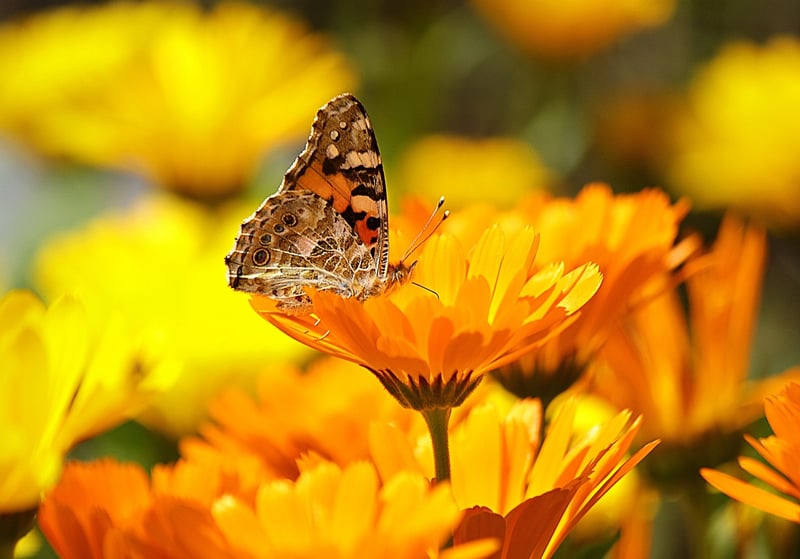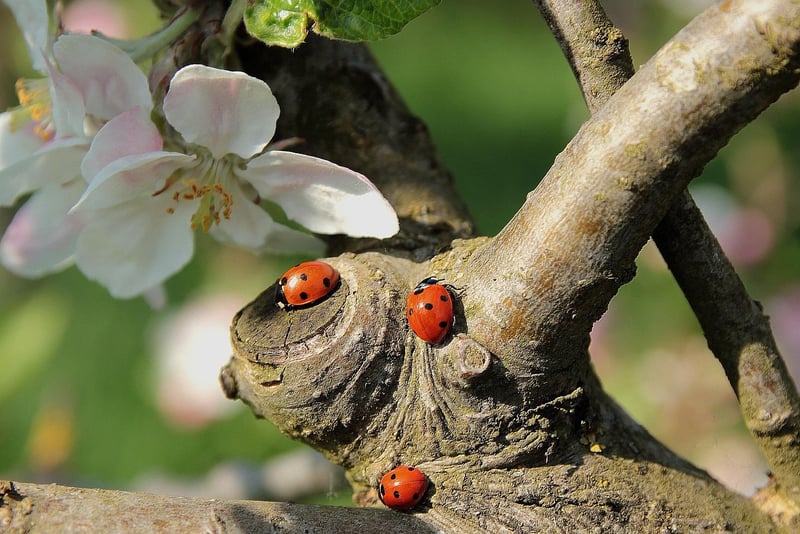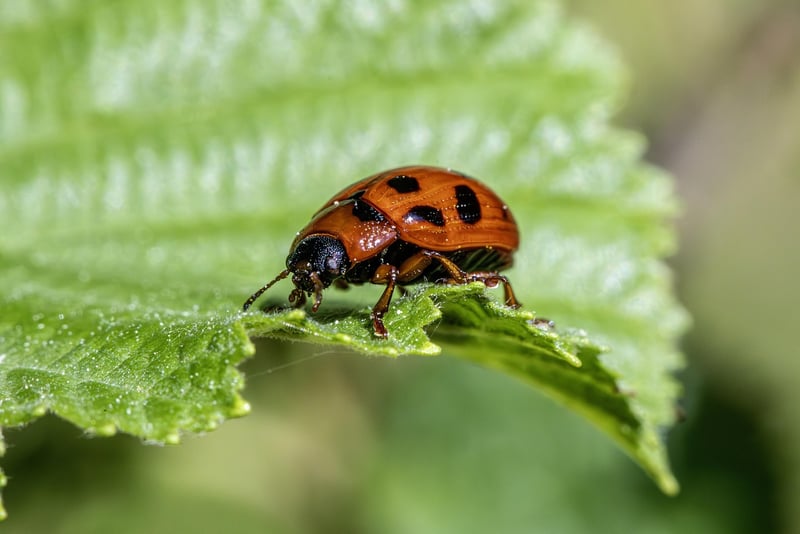Natural Pest Control
Plant Symbiosis Tips for Natural Pest Control
Symbiosis in the plant world is a fascinating phenomenon where different plant species work together to support each other's growth and fend off pests naturally. By fostering symbiotic relationships between plants, you can create a more resilient and balanced ecosystem in your garden. Here are some tips on plant symbiosis for natural pest control:
1. Companion Planting:
Companion planting involves growing compatible plants together to enhance each other's growth and deter pests. For example, planting aromatic herbs like mint or basil alongside vegetables can help repel pests like aphids and caterpillars.
2. Nitrogen-Fixing Plants:
Leguminous plants like peas and beans have the ability to fix nitrogen in the soil, making it more nutrient-rich for other plants. By intercropping nitrogen-fixing plants with other crops, you can improve soil fertility and reduce the need for synthetic fertilizers.
3. Trap Cropping:
Planting specific crops that attract pests away from your main crops is known as trap cropping. By luring pests to these sacrificial plants, you can protect your primary crops from infestation. For example, planting marigolds to attract nematodes away from tomatoes.
4. Beneficial Insects:
Encouraging beneficial insects like ladybugs, lacewings, and parasitic wasps to your garden can help control pest populations naturally. These insects prey on common garden pests like aphids, mites, and caterpillars, reducing the need for chemical pesticides.
5. Fungal Associations:
Some plants form symbiotic relationships with beneficial fungi, such as mycorrhizae, which help improve nutrient uptake and overall plant health. By fostering these fungal associations in your garden, you can boost plant immunity and resilience against pests.
6. Mulching:
Applying organic mulch around your plants not only helps retain moisture and suppress weeds but also creates a habitat for beneficial soil organisms. Earthworms, beetles, and other decomposers in the soil can help break down organic matter and control pest populations naturally.
Conclusion:
By incorporating plant symbiosis practices in your garden, you can create a more sustainable and eco-friendly approach to pest control. Embracing natural solutions not only benefits your plants but also contributes to a healthier and more diverse ecosystem. Start implementing these tips today and witness the transformative power of plant symbiosis in your garden!


